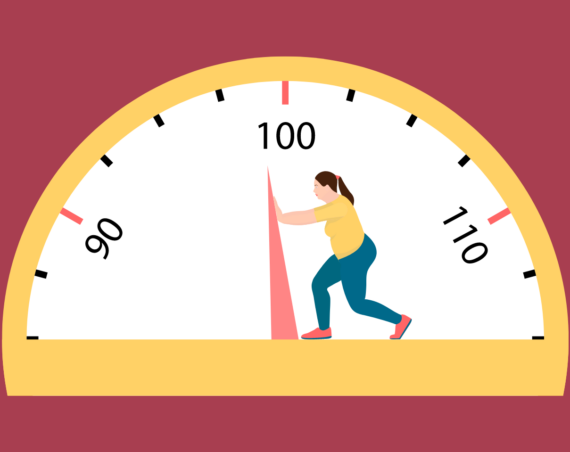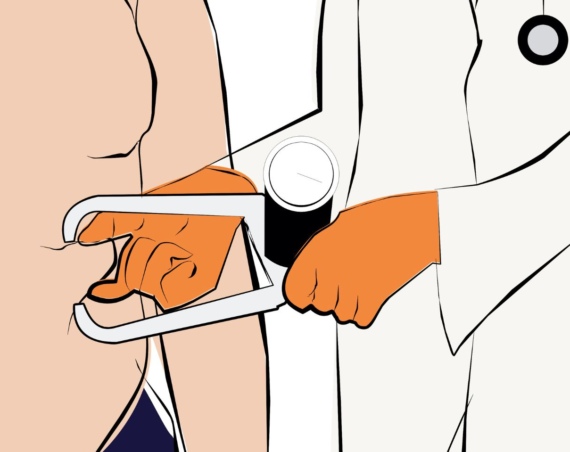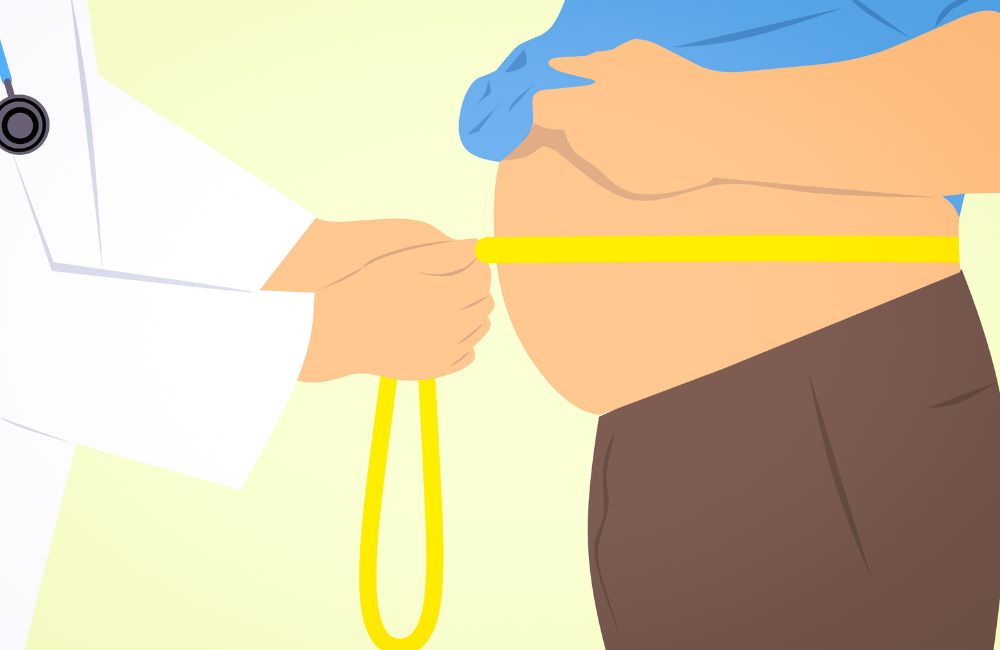
Stuck on your weight loss journey? You’re not alone. This article dives into five common roadblocks that might be slowing you down. By recognizing and tackling these challenges, you’ll be back on track to reaching your weight loss goals!
5 Things Are Keeping You From Losing Weight
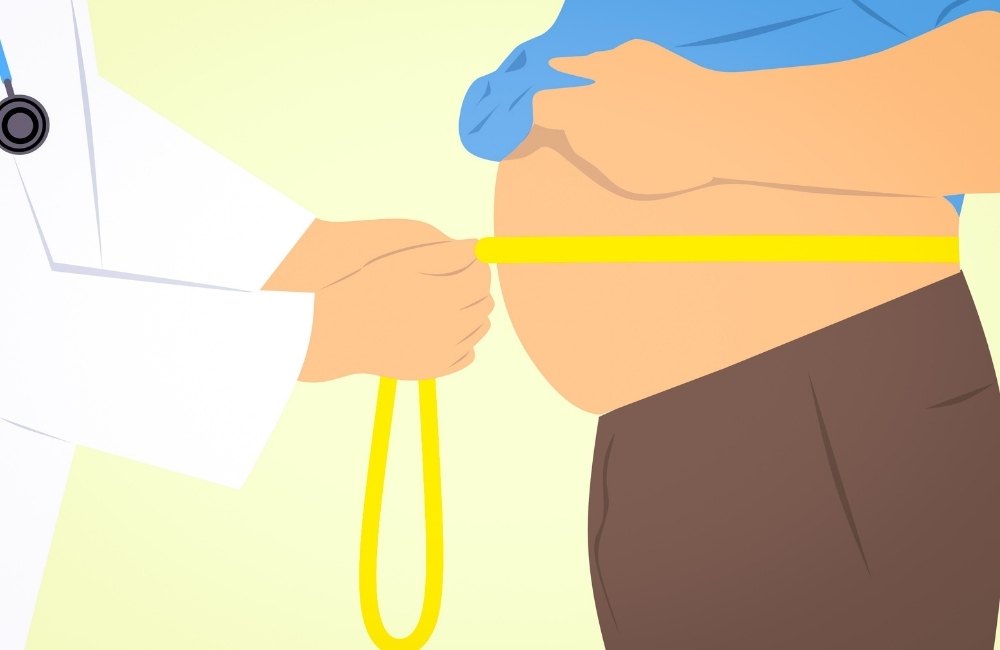
- How To Lose 50 Pounds as Quickly as Possible: 5 Simple Steps, Backed by Science
- How To Lose Weight Fast As Possible: These 8 Science-Backed Tips Will Help You Lose Weight Quickly
- How to Lose 10 Pounds in a Week: 10 Simple Steps
1. Skipping Meals
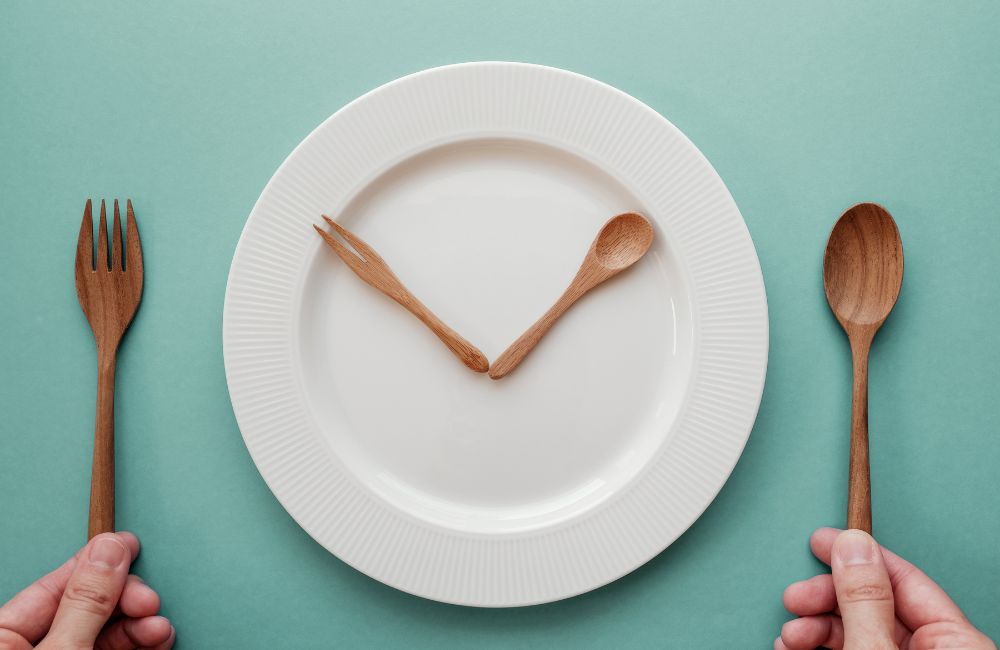
One of the biggest mistakes people make when trying to lose weight is deciding to skip meals to save calories.
Although this would make sense in theory, it doesn’t work as you might think. Skipping meals can cause us to overeat later in the day.
Breakfast is a meal that is commonly skipped. Just grab a cup of coffee and you’re all set until lunch.
Except now you notice you are struggling to keep your snacking in the evenings under control. In fact, several studies have found those who skip breakfast are more likely to suffer from obesity than those who don’t (1, 2, 30.
Instead of trying to save calories, work on better managing your hunger throughout the day so you don’t feel the need to overeat. Choose at least 3 meals per day.
If you still feel hungry between meals, add a snack, or choose smaller more frequent meals instead. Always be sure to include protein in your meals and snacks to best control your hunger.
2. Cheat Days

If you are eating perfectly 5-6 days out of the week, what is one day going to do? Cheat days are incredibly common amongst people on restrictive diets.
It gives the illusion that you have something to look forward to. A free day of indulgence. You get to enjoy your favorite foods however you want them, just once or twice per week. But is this sustainable?
A cheat day, or weekend, may seem like planned moderation however, this can cost you. If you find yourself over-indulging a lot on your cheat days, it’s time to reevaluate the diet plan you’re on. Instead of planning it out and going wild with all your favorite foods once or twice per week, practice moderation daily.
It’s not realistic to eat perfectly every day, for anyone. No matter how hard you try. Giving yourself wiggle room to enjoy “off diet” items each day can be empowering.
In fact, it’s an important factor in sustainability. So, how can we do this?
Let’s say your coworker brought cookies to work. You really want to have a cookie, but you know it’s not the best food for you.
Instead of eating your salad for lunch and staring longingly at the cookies, planning to enjoy far too many when your cheat day arrives, have one.
Enjoy one cookie with your lunch and move on with your day. This ensures you meet your craving without feeling the urge to overindulge on your cheat day.
It gives you a sense of empowerment and control over your foods and allows you to better stick to healthy habits for the long run.
3. Counting Calories
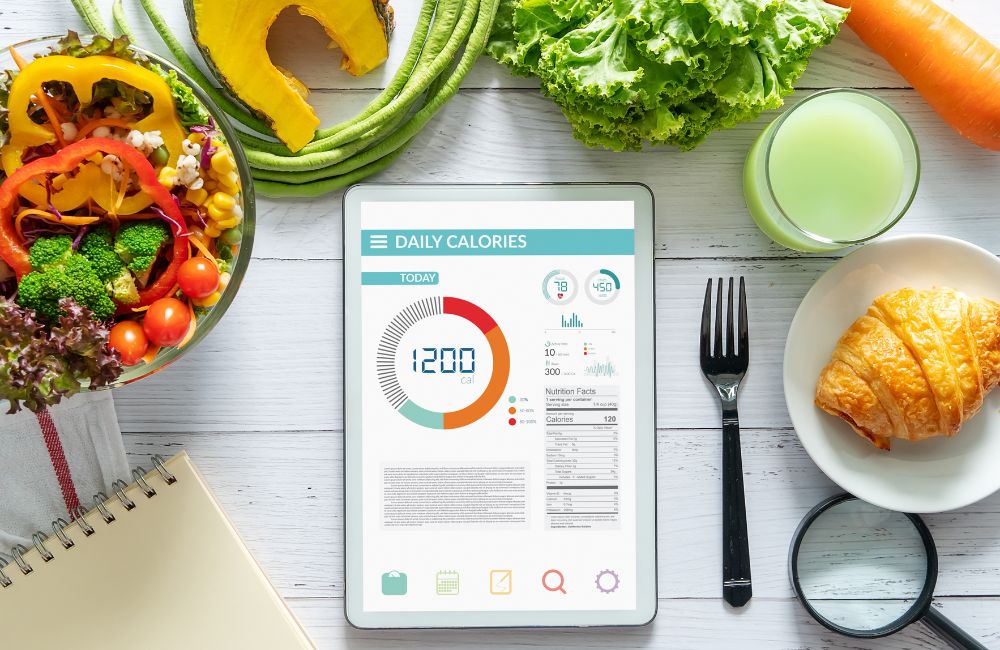
This is a big one. Although research proves that a calorie deficit is required for successful weight loss, not all calories are created equal. Certain foods affect your appetite levels differently than others.
For example, 100 calories of almonds are going to be more filling than 100 calories of Skittles. This is because almonds contain protein and healthy fats.
Both of these are known for their impact on satiety, while Skittles are mainly carbohydrates in the form of sugar (4, 5, 6).
Diet quality versus quantity is an important consideration during weight loss. However, it’s also important to mention that many count calories incorrectly. Unless you have worked with a professional on calorie recommendations, you are likely striving for the wrong number.
Trying to stick with a very low-calorie diet is unsustainable. This often leads to failure, weight regain, and negative impacts on our metabolism.
Even if you are close to the number of calories you should be consuming to lose weight, many people don’t track their calories correctly. When we are estimated caloric intake, mistakes can be made.
Some of these mistakes can mean a difference between successful weight loss and potential weight gain. It’s common to underestimate the number of calories we consume and overestimate the calories we burn during physical activity (7, 8).
Lastly, counting calories is not sustainable in the long term. To do it correctly takes a lot of time and attention, which can be tedious for most.
Unless you plan on eating the same every day, which also isn’t sustainable, it’s better to learn how to eat to create a calorie deficit on your own. This means focusing on more nutrient-dense foods and having a balance with your meals to ensure satiety.
4. Not Prioritizing Sleep

When we get busy, sleep is usually the first thing we sacrifice when in fact, it should be one of the first things we prioritize. Sleep is essential for allowing us the rest and recovery we need to be our best selves during the day.
Chronic sleep deprivation can cause our hormones to go out of whack. This change can affect our appetite and cause us to overeat.
There are two important hormones involved in appetite, leptin, and ghrelin. Leptin promotes fullness and ghrelin promote hunger. When we don’t get enough sleep, leptin decreases, and ghrelin increases, causing us to want to snack more than usual.
Some studies even suggest lack of sleep can alter our food preferences and make us want food high in calories and carbohydrates (9).
Remember that sleep is important and aim to get at least 7-8 hours of restful sleep each night. If you struggle with your sleep, consider creating a sleep schedule.
Our body works best when we have a consistent sleep-wake cycle. Avoid the use of blue light before going to bed.
This means shutting off your computer, phone, and television for at least an hour before going to sleep. Instead, wind down with a book or a bath. Being well rested is good for the body and the soul, don’t overlook it.
5. Only Focusing on Cardio

We know that exercise is a crucial part of the weight loss equation. Unfortunately, it can be hard to know what we should be doing to make the most out of our workouts.
A big mistake many people make is focusing only on cardio exercises.
Cardio is any exercise that gets your heart rate up. This includes exercises like running, biking, swimming, and Zumba. Although cardio exercises are beneficial for our health, cardio alone is not the answer to weight loss.
We may burn the most calories during cardio because of our high heart rate, but the true weight loss gem is strength training. A combination of cardiovascular exercises and strength training exercises is the sweet spot to lose weight.
Strength training helps us to build muscle mass. The more muscle mass we have, the more calories we burn at rest. This means strength training gives you a lot more bang for your buck (10).

